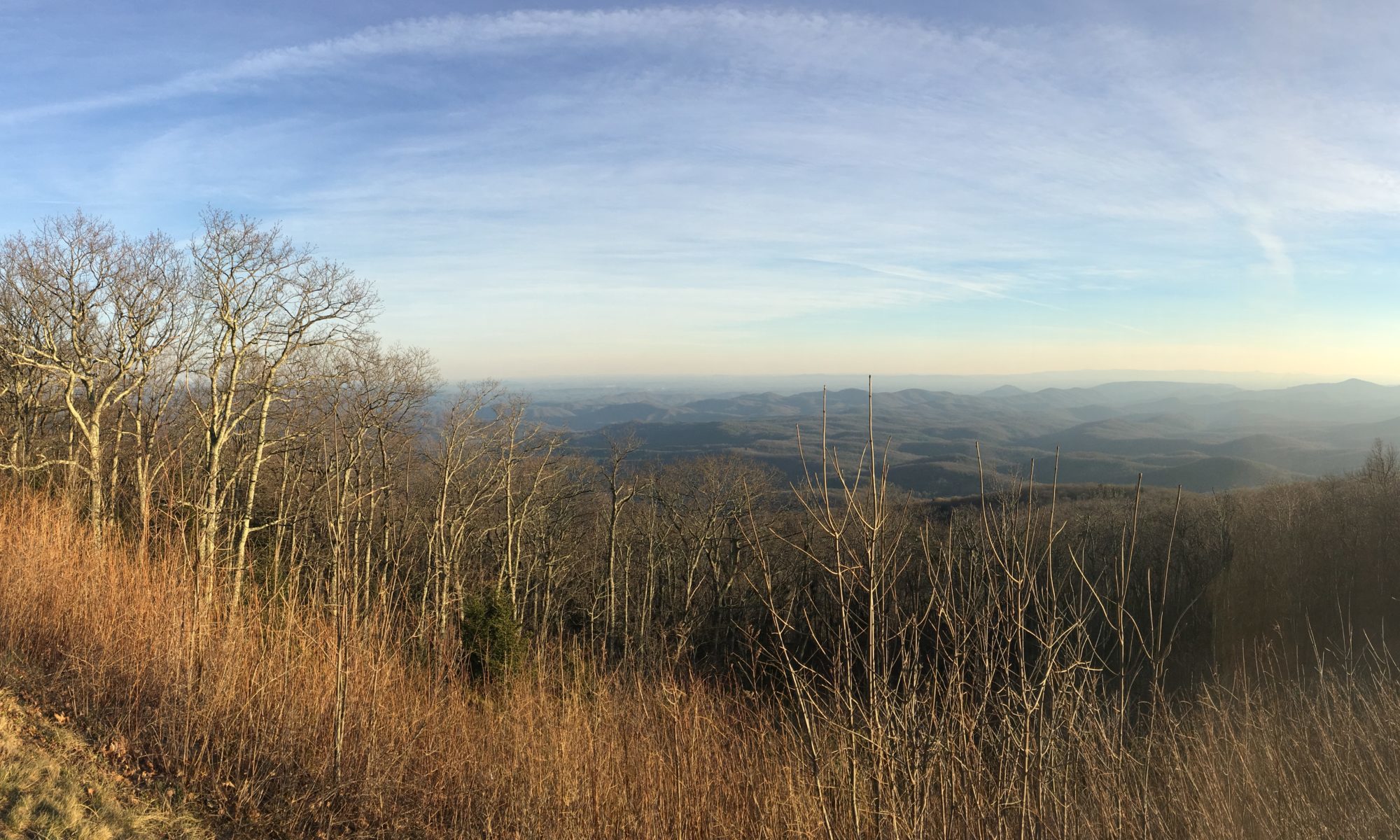The manna that God provided for the Israelites in the dessert is described as flakes like hoarfrost or dew upon the ground. It was not recognizable as bread, and they did not see it falling from heaven, it just appeared in the morning as naturally as the dew.
Here we have a mysterious interplay between nature and grace. The morning dew tastes like sweet bread, and the evening birds are real flesh. Strangely natural and supernatural.
The Eucharist presents a similar mystery. It is just a wafer of bread in a liturgical service, a shared meal, and yet through the eyes of faith it becomes Christ, our passover, and real spiritual food for the journey.
Does the Eucharistic (Thanksgiving) presence of Christ appear everywhere that love is shared? Does it fall as naturally as the morning dew, for all who are journeying within the pascal mystery of life?
It seems as if the spirit by its very nature is drawn into matter. God descending into our humanity in Jesus, and then even further down to become bread to eat. A divine mist condensing on the ground of our lives like the morning dew.
Our own lives are also to become a kind of Eucharist, a bread for others, and a descent into nature. As we are led into this vulnerable land we learn its language of trust and self emptying, and then manna appears all around us.
